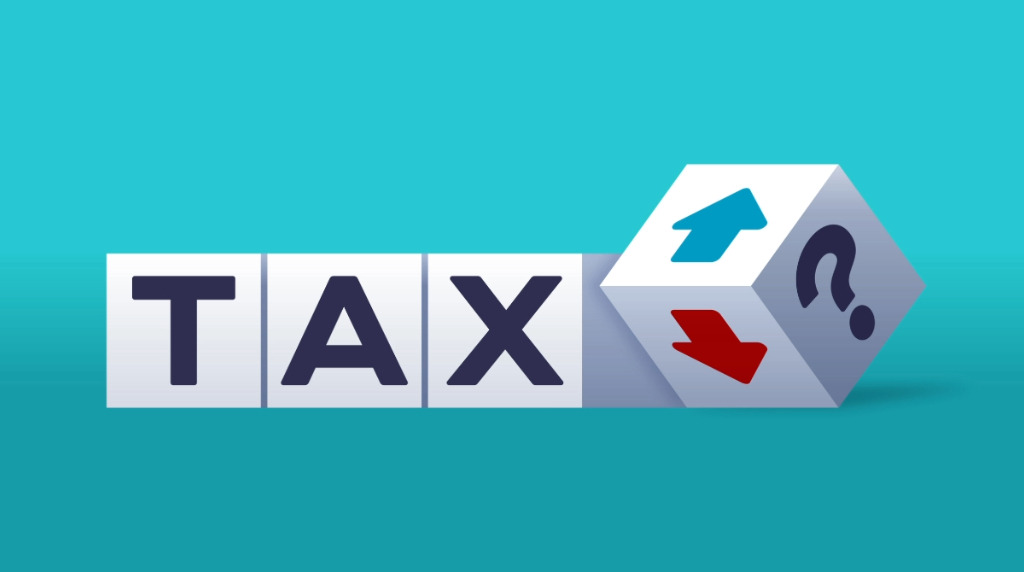New Survey Suggests Gambling Tax Plan Will Cause Harm
New figures ignite fears that a change to UK betting tax will see punters leave licenced betting sites and head to the black market.

Will the Government consider a potential black-market exodus if the ‘general betting tax’ is increased? © Getty Images
Key Facts
- A single tax for UK-facing remote gambling companies proposed by the Government.
- Regulated gambling companies could be forced to offer poorer odds and cut concessions.
- The betting industry warns horseracing will suffer.
- Punter exodus to the black market predicted.
A potential change to the way betting and gaming is taxed online is being consulted on by Government Ministers. The gambling industry fears any changes could have a catastrophic effect on horseracing as surveys suggest punters will turn to the black market.
Gambling has increasingly shifted online, with the Gross Gambling Yield (GGY) for remote gambling now at £6.9 billion per year. The latest figures represent a 60 per cent growth since 2015/16 and a 30 per cent growth in the last five years.
“The tax system needs to keep pace with the developments and innovation that have seen the UK-facing remote gambling sector change significantly in recent years,” James Murray MP (Exchequer Secretary to the Treasury) stated in an early May statement.
He added: “Since remote gambling was first developed, it has grown exponentially; the three-tax system needs to adapt to reflect the dynamic and expanding nature of the sector. The time has come to consider moving to a single tax for UK-facing remote gambling.”
Calls for a Single Tax Certainty
Currently, there is a distinction between general betting (which covers activities such as horse and greyhound racing), which is taxed at 15 per cent, and remote gaming (online casinos and arcade games), which has grown significantly in recent years and is taxed at 21 per cent.
The Government says, “A single duty will provide tax certainty and increase simplification for remote gambling,” while signalling the fact gambling is a significant part of the British economy and society – with an annual GGY of £15.6 billion contributing £3.4 billion to the Exchequer in excise duties.
Theoretically, increased taxes imposed on the UK’s licenced betting sites – it is widely predicted that harmonisation will lead to an increase in the current tax rate – would not directly impact punters.
The End of Competitive Prices?
However, independent modelling conducted for the British Horseracing Authority showed a flat tax rate of 21 per cent would result in bookmakers paying an extra £40 million a year in excise duties on online racing betting alone.
An increase to 30 per cent would cost UK operators £90 million annually. Attempting to plug these potential holes, it is feared that regulated gambling companies may resort to withdrawing concessions and making their odds and prices less competitive to maintain their profit margin.
The concern for horseracing – which receives financial resources via the Horserace Betting Levy, which is funded by a percentage of bookmaker profit on the sport – is a downward spiral caused by an exodus of punters to the unregulated black market betting sites.
Survey Suggests Black Market Exodus
This week, A YouGov survey for standards body the Betting and Gaming Council (BGC) found that 65 per cent of regular punters agreed that increased taxes “would make customers turn to unregulated betting sites that don’t have to pay any tax at all.”
Reflecting on the survey findings, BGC’s CEO, Grainne Hurst, said: “This shocking statistic proves what’s at stake if the Government forces through a self-defeating tax hike on ordinary punters.”
“It’s clear it will not raise more tax; it simply risks forcing huge numbers of customers out of the regulated market, with its world-leading standards on player safety, into the arms of the growing, illegal, unregulated and unsafe gambling black market online.”
“Any tax rises would make a mockery of the Government’s growth strategy and be catastrophic for horseracing, which is already facing a bleak financial outlook,” concluded Hurst, referencing horse racing’s average turnover per race is down by circa eight per cent on 2023/24 figures – representing a 19 per cent drop on 2021/22 figures.
190,000 Jobs on the Line?
A September 2024 study commissioned by the BGC found that 1.5 million Brits already stake up to £4.3 billion in the growing gambling black market annually.
It warns, “This growing, unsafe, illegal gambling black market does not contribute to sport, does not pay tax and targets customers who are vulnerable to harm, including the self-excluded.”
The BGC says the wider regulated betting and gaming sector contributes £6.8 billion to the economy and generates £4 billion in tax while supporting 109,000 jobs. Horseracing is the second biggest spectator sport in the UK, with around six million people attending approximately 1,400 fixtures annually across 59 racecourses.

 Reelplay’s Pearl Reef Gigablox Multimax Coming to Online Casinos
Reelplay’s Pearl Reef Gigablox Multimax Coming to Online Casinos
 Spin the Reels of the Pharaoh’s Last Wish Slot from Relax Gaming
Spin the Reels of the Pharaoh’s Last Wish Slot from Relax Gaming
 Stormcraft Studios’ New Slot Thunderstruck Stormblitz Out Now
Stormcraft Studios’ New Slot Thunderstruck Stormblitz Out Now
 F1 Is Back, Starting With Netflix’s Drive to Survive on Friday
F1 Is Back, Starting With Netflix’s Drive to Survive on Friday